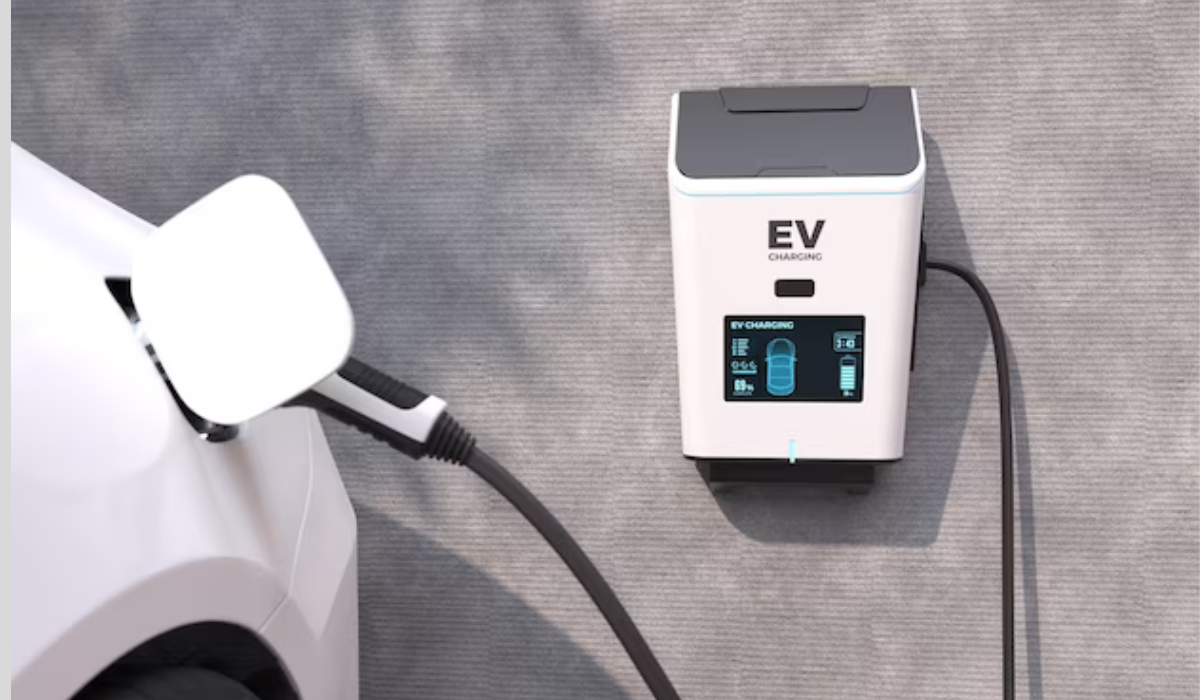Electric vehicles (EVs) have emerged as a key player in the transition towards a more sustainable and environmentally friendly transportation ecosystem. With advancements in battery technology, charging infrastructure, and vehicle design, EVs are poised to revolutionize the automotive industry and pave the way for a greener future. In this article, we explore the latest innovations in electric vehicle technology, uncovering the developments driving the electrification revolution.
The Evolution of Electric Vehicles
Electric vehicles have come a long way since their inception, evolving from niche offerings to mainstream transportation solutions. Early electric cars suffered from limited range, high costs, and lengthy charging times, hindering their widespread adoption. However, advancements in battery chemistry, energy density, and electric drivetrain technology have transformed EVs into viable alternatives to traditional internal combustion engine vehicles.
Breakthroughs in Battery Technology
One of the most significant advancements in electric vehicle technology is the development of high-energy-density batteries capable of storing more energy in a smaller footprint. Lithium-ion batteries, which power the majority of modern EVs, have witnessed substantial improvements in energy density, longevity, and charging efficiency. Additionally, research into next-generation battery chemistries, such as solid-state batteries and lithium-sulfur batteries, holds promise for further enhancing the performance and affordability of electric vehicles.
Extended Range and Faster Charging
Improving the range and charging speed of electric vehicles is crucial for addressing range anxiety and enhancing the convenience of EV ownership. Manufacturers have made significant strides in increasing the driving range of electric cars, with some models now capable of traveling over 300 miles on a single charge. Furthermore, the widespread deployment of fast-charging infrastructure, including DC fast chargers capable of delivering high-power charging rates, has significantly reduced charging times, making long-distance travel more practical for EV drivers.
Enhanced Performance and Driving Dynamics
Electric vehicles are renowned for their instant torque delivery and smooth acceleration, offering a driving experience that rivals or surpasses that of traditional gasoline-powered cars. Advancements in electric drivetrain technology, regenerative braking systems, and vehicle dynamics control have further improved the performance and handling characteristics of electric vehicles. From sports cars to SUVs, electric vehicles offer exhilarating driving dynamics without compromising on efficiency or environmental sustainability.
Innovations in Vehicle Design and Manufacturing
The shift towards electric mobility has spurred innovations in vehicle design and manufacturing, resulting in sleeker, more aerodynamic EVs with optimized interior space and reduced weight. Electric vehicle platforms, characterized by skateboard-like chassis layouts with battery packs mounted low to the ground, offer greater design flexibility and packaging efficiency. Moreover, advancements in lightweight materials, such as carbon fiber composites and aluminum alloys, contribute to improved efficiency and driving range without compromising structural integrity.
Integration of Smart Technologies
Electric vehicles are at the forefront of the automotive industry’s transition towards connected, autonomous, and electrified mobility solutions. Integrating smart technologies, such as advanced driver assistance systems (ADAS), vehicle-to-everything (V2X) communication, and over-the-air (OTA) software updates, enhances the safety, convenience, and functionality of electric vehicles. Furthermore, the convergence of electric propulsion and autonomous driving technologies holds promise for revolutionizing urban mobility and reducing traffic congestion.
Expanding Charging Infrastructure
The proliferation of charging infrastructure is essential for accelerating the adoption of electric vehicles and alleviating concerns about range anxiety. Governments, utilities, and private companies worldwide are investing heavily in expanding public charging networks, deploying fast chargers along highways, in urban areas, and at commercial destinations. Additionally, advancements in home charging solutions, including smart charging stations and bidirectional chargers capable of vehicle-to-grid (V2G) interaction, enable EV owners to charge their vehicles conveniently and cost-effectively.
Addressing Environmental Impact
While electric vehicles offer significant environmental benefits compared to their gasoline-powered counterparts, addressing the environmental impact of EV manufacturing and battery disposal remains a key challenge. Efforts to reduce the carbon footprint of electric vehicles include increasing the use of sustainable materials, optimizing manufacturing processes, and implementing closed-loop battery recycling systems to recover and reuse valuable materials. Furthermore, integrating renewable energy sources, such as solar and wind power, into the electric vehicle supply chain helps minimize emissions associated with vehicle production and operation.
FAQs (Frequently Asked Questions)
Q: How long does it take to charge an electric vehicle?
A: The charging time for an electric vehicle varies depending on factors such as the battery capacity, charging speed, and type of charger used. With fast chargers, EVs can be charged to 80% capacity in as little as 30 minutes, while slower Level 2 chargers may take several hours for a full charge.
Q: What is the average range of an electric vehicle on a single charge?
A: The range of an electric vehicle depends on factors such as the battery capacity, vehicle weight, driving conditions, and weather. Modern EVs typically offer ranges between 150 and 300 miles on a single charge, with some models exceeding 400 miles under optimal conditions.
Q: Are electric vehicles more expensive to maintain than gasoline-powered cars?
A: Electric vehicles generally have lower maintenance costs than gasoline-powered cars due to fewer moving parts, reduced wear and tear on components, and simplified drivetrain systems. EV owners save on expenses such as oil changes, engine tune-ups, and exhaust system repairs.
Conclusion
In conclusion, the latest advancements in electric vehicle technology are driving a seismic shift in the automotive industry towards cleaner, more sustainable transportation solutions. Breakthroughs in battery technology, charging infrastructure, vehicle design, and smart technologies have transformed electric vehicles into viable alternatives to traditional gasoline-powered cars. As governments, manufacturers, and consumers embrace the electrification revolution, electric vehicles are poised to play a pivotal role in mitigating climate change, reducing air pollution, and shaping the future of mobility. By continuing to innovate and collaborate, we can accelerate the transition towards a greener, more sustainable transportation ecosystem for generations to come.


